NEHUB Spark Week 2017
Overview :
To celebrate Global Entrepreneurship Week 2017 on the month of November, NEHUB and Global Entrepreneurship Network aspired and collaborated with various organizations to organize a 5 day event titled NEHUB Spark Week 2017 from 22nd — 26th November. Organized for the first time in Nepal, Spark Week was a jamboree with coming together of many stakeholders of the entrepreneurial ecosystem celebrating the spirit of entrepreneurship. It brought together scattered ecosystem actors along with other players such as media, bilateral organizations, I/NGOs, etc. to come and work together. The event was sponsored by Nepal Innovation Lab, Islington College and Local Intervention Group (LIG). NEHUB Spark Week 2017 included one panel discussion per day for five days which incorporated various essential elements of starting and growing a sustainable business.
Schedule :
| DAY | TRACK | TIME | VENUE |
| 1 | MEDIA AND ENTREPRENEURSHIP | 22nd November 2017, Wednesday, 1:00 PM to 3:00 PM | Innovation Hub, FNCCI Building, Teku, Kathmandu |
| 2 | ARE JUST IDEAS ENOUGH | 23rd November 2017, Thursday, 4:00 PM – 6:00 PM | Kings College, Baber Mahal, Kathmandu |
| 3 | GROWTH IS THE KEY TO SUCCESS | 24th November 2017, Friday, 4:00 PM – 6:00 PM | Islington College, Kamal Marg, Kathmandu |
| 4 | THROUGH THE INVESTOR’S EYES | 25th November, Saturday, 4:00 PM – 6:00 PM | Rockstart Impact, Jhamsikhel, Lalitpur |
| 5 | POLICY: KEY TO A THRIVING ECOSYSTEM | 26th November, Sunday, 4:00 PM onwards | Hotel Himalaya, Kupondole, Lalitpur CLOSING CEREMONY (Networking Snacks and Drinks) |
5 Days 5 Tracks :
MEDIA AND ENTREPRENEURSHIP
In the current situation, although media looks after entrepreneurship and business with keen eyes yet much is left to be understood regarding entrepreneurship, its ecosystem and its true value to the nation. The interaction inclines towards creating that much needed bond with the media and their role to foster entrepreneurship.
To mark the first day of NEHUB Spark Week 2017 a panel discussion on the topic Media and Entrepreneurship was held on 22nd November from 1-3 pm at Innovation Hub, Teku.
MODERATOR:
 Manish Jha started his professional career in 2004 in the field of advertising and marketing and public policy and project management in 2009. He began a new journey of entrepreneurship with FACTS Nepal, a research and analytics company, that does market and social research for clients in order for them to make informed decisions. Being a founding partner and the General Manager of FACTS Nepal, Manish and his team believes information is a key aspect in the decision making process and FACTS Nepal is an outlet that serves to provide ‘Intelligence for Informed Choice.’
Manish Jha started his professional career in 2004 in the field of advertising and marketing and public policy and project management in 2009. He began a new journey of entrepreneurship with FACTS Nepal, a research and analytics company, that does market and social research for clients in order for them to make informed decisions. Being a founding partner and the General Manager of FACTS Nepal, Manish and his team believes information is a key aspect in the decision making process and FACTS Nepal is an outlet that serves to provide ‘Intelligence for Informed Choice.’PANELISTS :
Takeaways of the session:- Media should restructure itself to the new scenario and look entrepreneurship in a more important manner.
- If media houses aren’t able to gain credibility, there’s the possibility of falling into the trap of ransom journalism.
- It’s about knowing how to utilize media and wanting to utilize media. It’s important to teach the honest entrepreneurs about the utilization of media and discourage the ones who misuse media.
ARE JUST IDEAS ENOUGH?
Everyone has ideas that could ultimately become a million dollar enterprise. Yet, the main difference lies in making sure that the idea is viable, bringing about THE product or service along with the hard work that comes along with it. Along with it, the importance of capacity building programs like Startup Weekend, mentoring programs, etc.
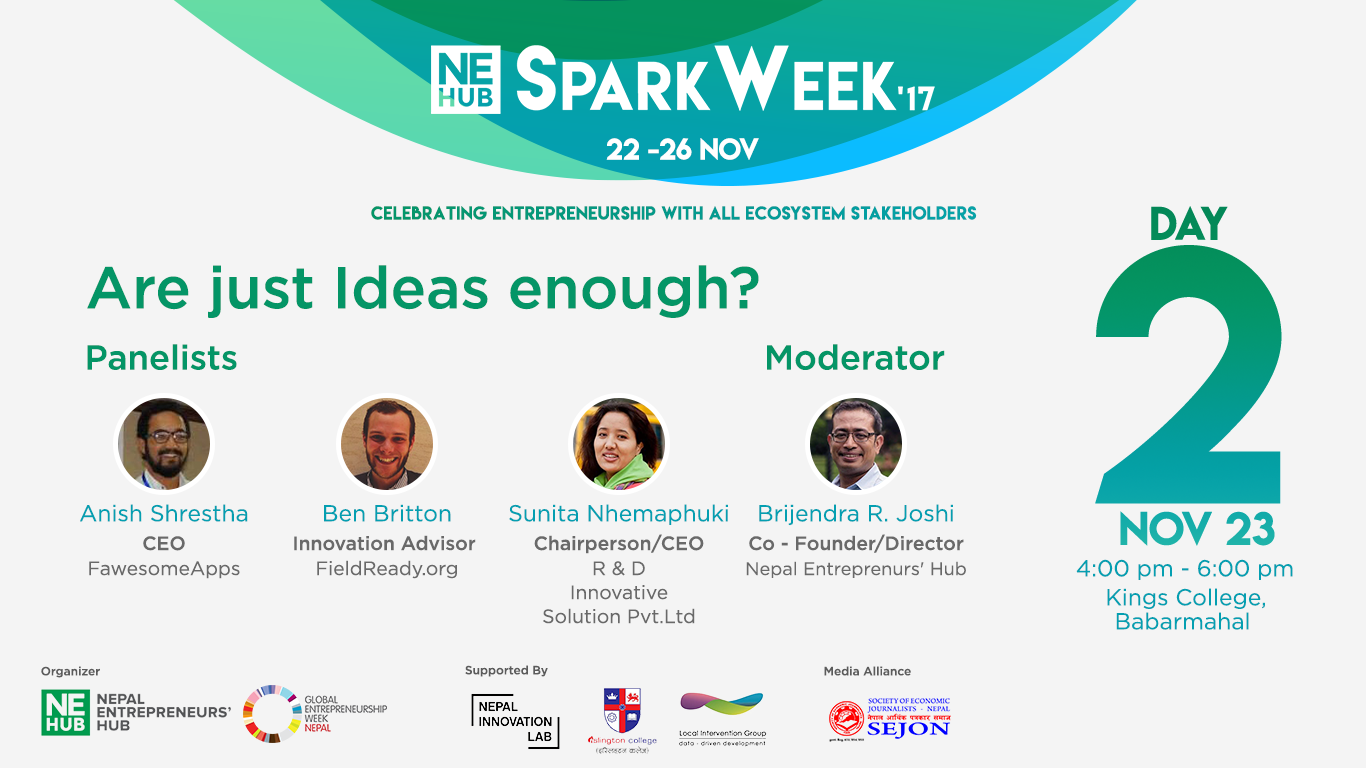
The second day of NEHUB Spark Week 2017 a panel discussion on the topic ideas titled “Are just Ideas enough?” was held on 23nd November from 4-6 pm at Kings College, BaberMahal.
MODERATOR:
 Brijendra R Joshi, IT Professional, has 12 years of work and entrepreneurial experience with multiple startups in IT.
Brijendra R Joshi, IT Professional, has 12 years of work and entrepreneurial experience with multiple startups in IT.
He is a co-founder/Chief Operating Officer at Rooster Logic, an ICT company that works with big data and focuses on Research and Monitoring. He is Co-Founder, Nepal Entrepreneurs’ Hub that organizes Startup Weekend Kathmandu.
PANELISTS:
Takeaways of the session:
- Even though one loves his/her idea and can’t think of giving it up, s/he needs to pivot and move on to something else if the idea does not work. It is essential to focus on things one is skilled at and experiment more without losing one’s entrepreneurial vibe.
- It’s not only about entrepreneurship, it’s about entrepreneurial way of working. Even if the person is working in development sector, there needs to be an entrepreneurial way of thinking for solving problems.
- The community needs to be ready for the idea. There are networking events like Techstars Startup Weekend and Hackathon where one can come and test their idea and take it to the next level.
- Even the most innovative idea would fail if one doesn’t don’t understand its customer. It’s important to make sure that the market is ready and the idea is sustainable.
- People should know what they are doing. If a product is being made, it is crucial to make sure that people know about the product.
GROWTH IS KEY TO SUCCESS
Once the service/product is introduced into the market. The real work actually begins there. Customer development, finding the right market, growing productions, are just few elements of running a startup. Saying this, no matter how good a product/service is, it would be a waste if the business doesn’t grow. A business must grow in order to sustain and thrive.
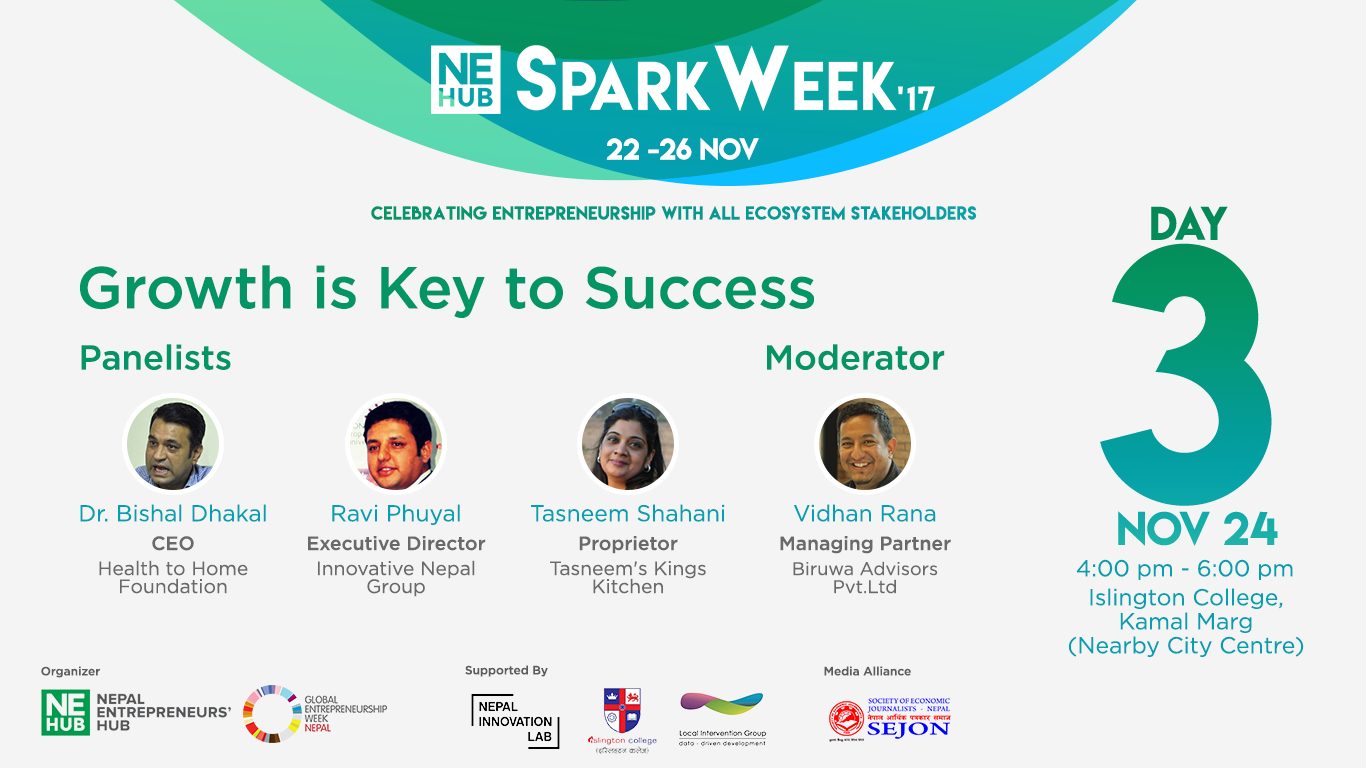
MODERATOR:
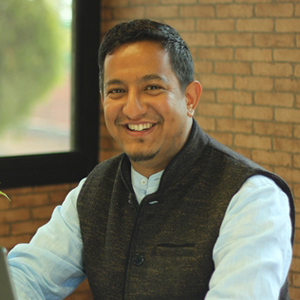 Vidhan Rana finished his Bachelor’s degree in Business Management and Economics in 2008 from Hope College in Michigan, USA. After
graduation he worked at Whittaker Associates, Inc., a market research firm. At Whittaker, Vidhan worked with several state and local economic development agencies. He has provided guidance and support to small businesses and medium sized enterprises on issues of employment generation. Vidhan established a research division for Whittaker Associates in Nepal in October 2010, and Biruwa Ventures in July 2011 to support aspiring entrepreneurs fulfill their dreams of starting their own ventures.
Vidhan Rana finished his Bachelor’s degree in Business Management and Economics in 2008 from Hope College in Michigan, USA. After
graduation he worked at Whittaker Associates, Inc., a market research firm. At Whittaker, Vidhan worked with several state and local economic development agencies. He has provided guidance and support to small businesses and medium sized enterprises on issues of employment generation. Vidhan established a research division for Whittaker Associates in Nepal in October 2010, and Biruwa Ventures in July 2011 to support aspiring entrepreneurs fulfill their dreams of starting their own ventures.PANELISTS :
Takeaways of the session:- Three things are essential for being an entrepreneur to grow; being crazy and stupid, thinking differently and applying one’s passion.
- Being an entrepreneur is not an easy job unless one has passion for what he/she is doing and is willing to get up every morning and follow the same routine again and again.
- If one is trying to grow, not doing things differently would make it difficult to generate good will in the market.
- Making calculative mistakes on a micro-level helps an entrepreneur recover quickly.
- Every entrepreneur has his/her own set of targets and vision. The path for achieving the vision could differ. Sometimes the path changes and there are unforeseen circumstances, so an entrepreneur needs to be ready for any kind of situation.
- One has to entrepreneurial in everything he/she does in life to solve problems or to see the gaps and hit it right. It is important for managers to understand that what comes next has to be calculated, only then there is the potential for growth.
- Perseverance is important for growth. One has to persevere through all challenges and obstacles in order to grow.
THROUGH THE INVESTORS EYES
If the business idea is good, all investors are attracted towards it. Yet, investors won’t spend their resources if they don’t see what they need. Either it be VC, an angel, a Private Equity company or any financial institution have their common criteria they look for before considering to invest in any of the idea/company.
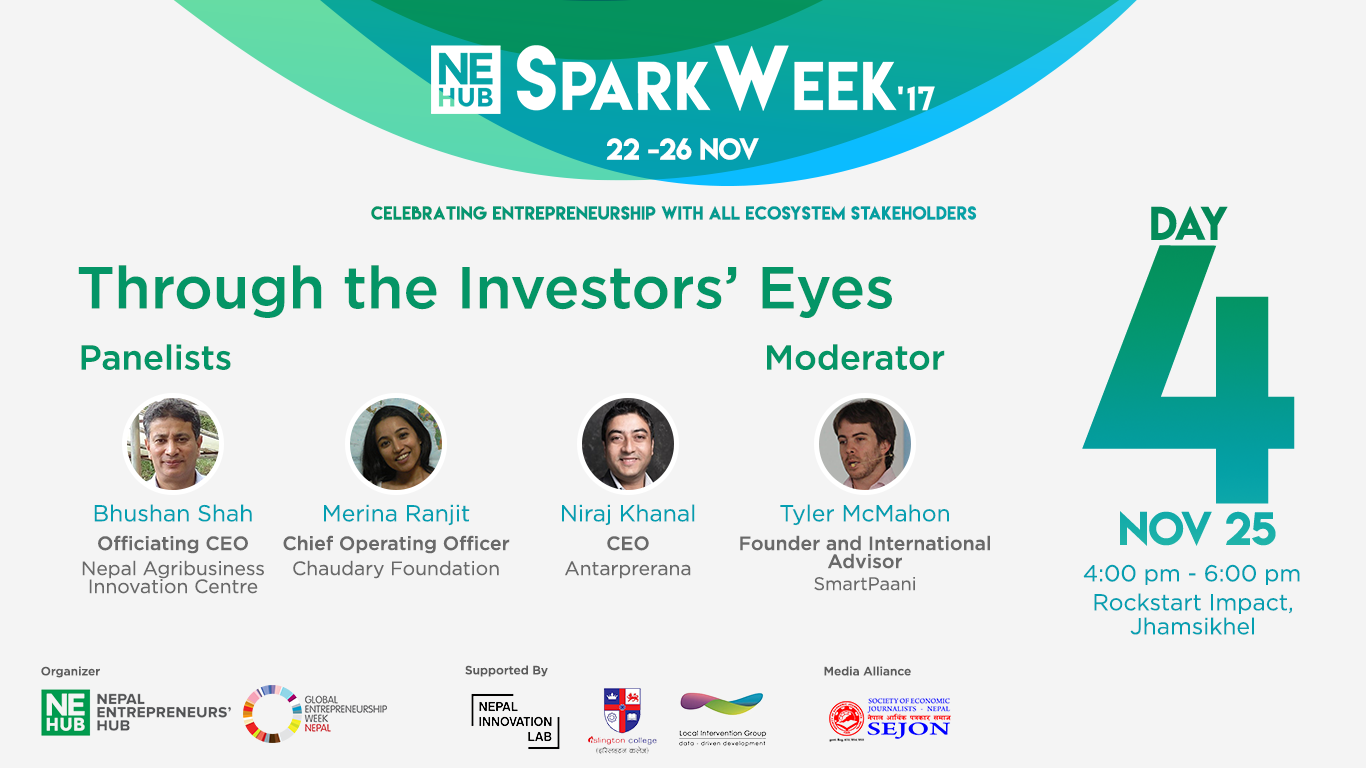
MODERATOR:

Tyler McMahon is the Founder and International Advisor at SmartPaani and One Planet Solution. Former Report Analyst and Climate Change Consultant at World Food Program.
PANELISTS :
Takeaways of the session:
- Investment in Nepal is a challenging sector as an investor, both domestically and internationally, as well as an entrepreneur.
- The real work of starting up a business begins when one has received the funding.
- Since there’s a ceiling on FDI, there’s always a debate on the size of investment. FDI policies have not been encouraging SMEs to grow in Nepal.
- Entrepreneurial mindset has been developing gradually and to foster this, financial institutions need to provide investments.
POLICY: KEY TO A THRIVING ECOSYSTEM
Policies are the catalyst that help an ecosystem thrive. Not all companies get funding they require, nor they get the required support. The discussion would dive into the policies that actually support or hinder an entrepreneur’s growth. Along with it, we look into alternative ways to seek funding and grow the company, such as crowdfunding, ICO, etc. and the policies to regulate them. International transactions such as PayPal, or maybe remittance are all various avenues to growth.
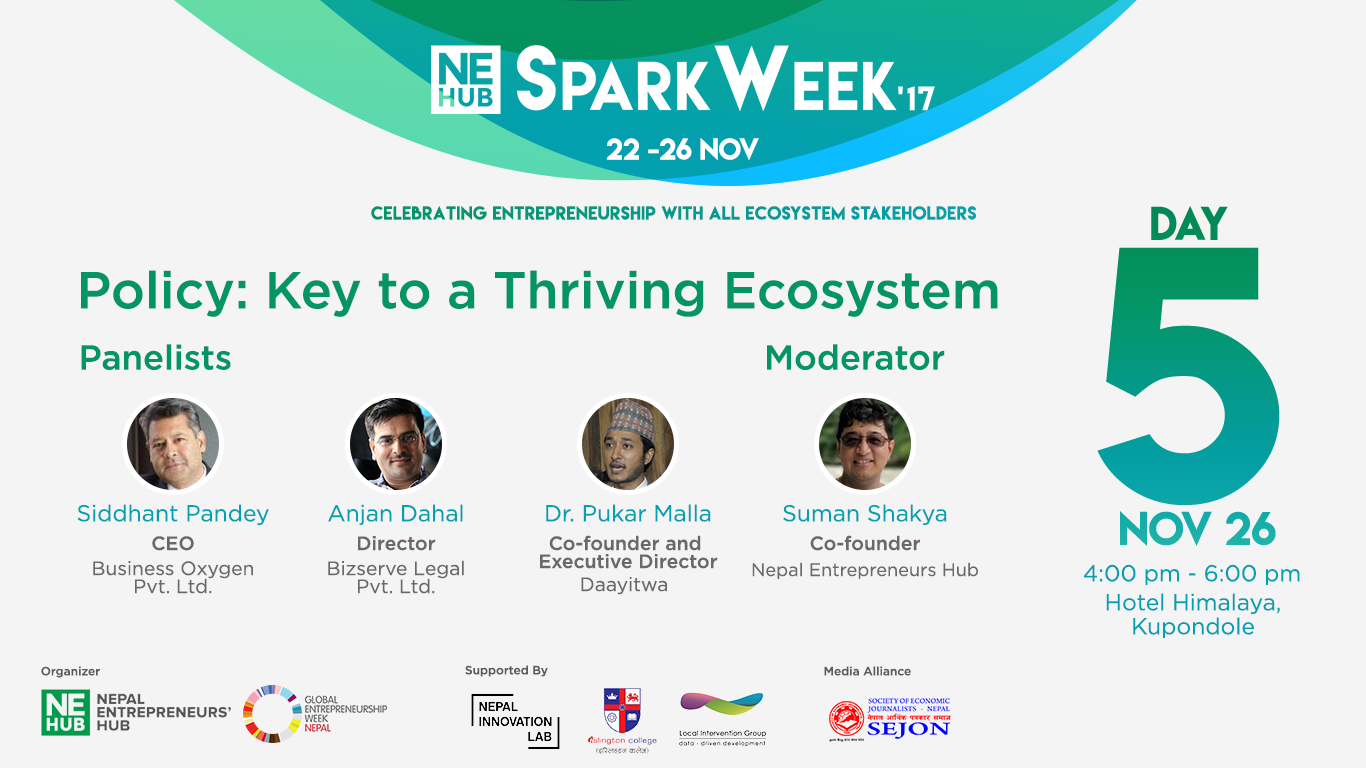 Panel discussion on Policy: Key to a thriving ecosystem was held to mark the fifth and the final day of NEHUB SPARK Week 2017. The session was held at Hotel Himalaya on 26th November 4 pm onwards.
Panel discussion on Policy: Key to a thriving ecosystem was held to mark the fifth and the final day of NEHUB SPARK Week 2017. The session was held at Hotel Himalaya on 26th November 4 pm onwards.
MODERATOR:
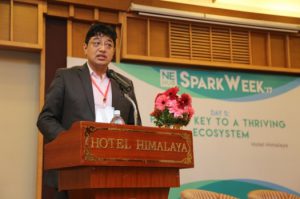 Suman Shakya is a consultant, entrepreneur and a trainer. He is one of the Co – Founder of Nepal Entrepreneurs’ Hub which fosters entrepreneurial
ecosystem to build Nepal as an economically empowered nation. He is the Managing Director of SmartPaani, a private company that provides sustainable water management solutions in Nepal. He is also a co – founder of Rooster Logic, a technology company that enables organizations to make decisions based evidence.
Suman Shakya is a consultant, entrepreneur and a trainer. He is one of the Co – Founder of Nepal Entrepreneurs’ Hub which fosters entrepreneurial
ecosystem to build Nepal as an economically empowered nation. He is the Managing Director of SmartPaani, a private company that provides sustainable water management solutions in Nepal. He is also a co – founder of Rooster Logic, a technology company that enables organizations to make decisions based evidence.PANELISTS : Takeaways of the session:
- Looking at Nepal’s development only from poverty alleviation perspective, there are many aspects to be satisfied about but from economic growth perspective, there is immediate need for complementary programs.
- Nepal needs to move ahead from eradicating poverty to growth oriented entrepreneurship.
- The lack of awareness amongst entrepreneurs to realize the good policies that preexist in our country hinders the growth of an enterprise.
Join Us
Subscribe to our mailing list for regular Updates.

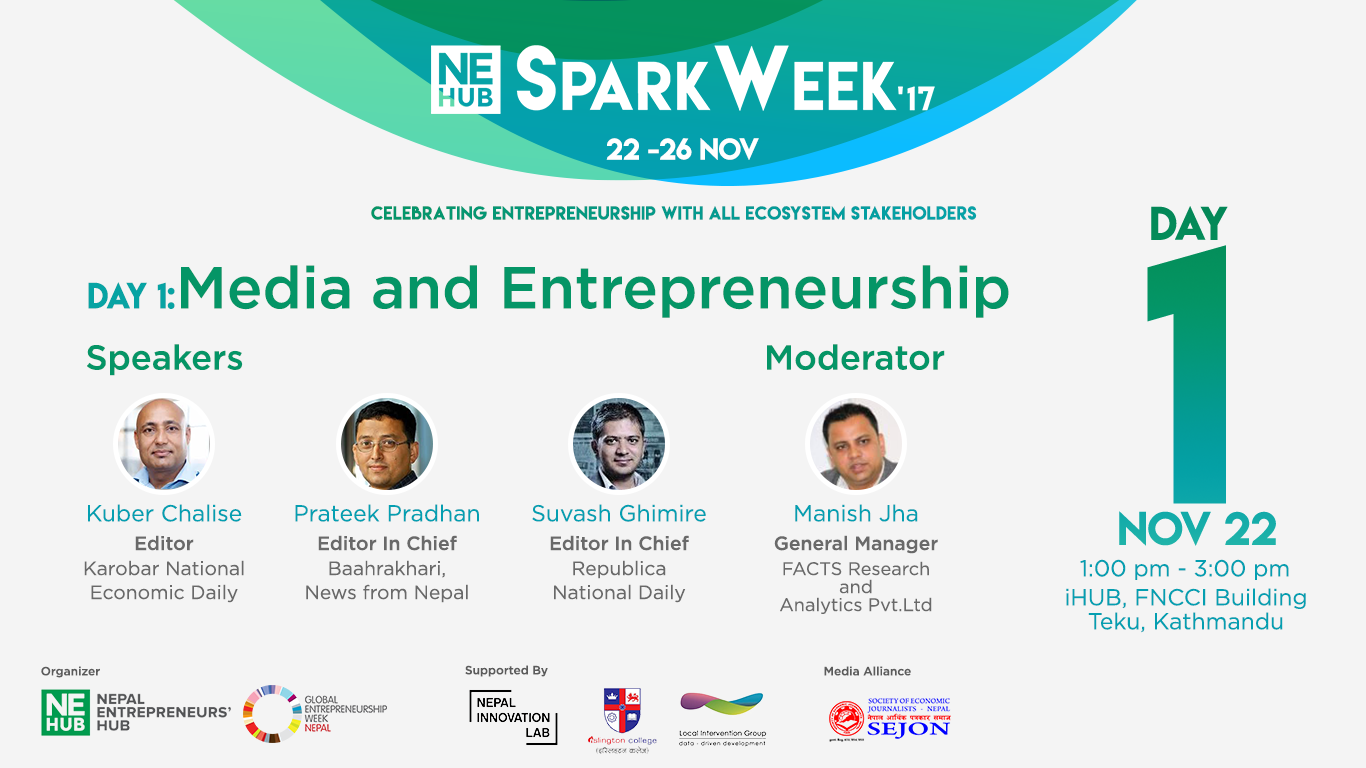


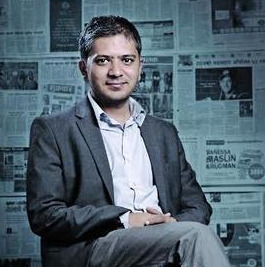
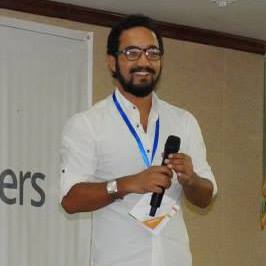 Anish Shrestha is the Co-Founder and CEO of Yellow Nepal and Fawesome Apps.
Anish Shrestha is the Co-Founder and CEO of Yellow Nepal and Fawesome Apps.
 Sunita Nhemaphuki has been working in agriculture sector to address the challenges faced by farmers since last 6 years. Sunita’s expertise is in agriculture communication, and developing agriculture value chain ecosystem. Her organization provides a unique platform for any agro aspirants to become an entrepreneur.
Sunita Nhemaphuki has been working in agriculture sector to address the challenges faced by farmers since last 6 years. Sunita’s expertise is in agriculture communication, and developing agriculture value chain ecosystem. Her organization provides a unique platform for any agro aspirants to become an entrepreneur.
 Hempal Shrestha, IT Professional, has over 15 years of experience in IT industry, tech startups, social development, and legal sector. He is the
Chair of Research and Development Committee at the Federation of Computer Association of Nepal and co-founder of FOSS Nepal Community.
Hempal Shrestha, IT Professional, has over 15 years of experience in IT industry, tech startups, social development, and legal sector. He is the
Chair of Research and Development Committee at the Federation of Computer Association of Nepal and co-founder of FOSS Nepal Community.
 Ben Britton has been working for Nepal, in various roles and guises, for the last five years and has been connected to this country for the last 12.
As Nepal Innovation Advisor, Ben brings his unique perspective and problem solving attitude to the work of Field Ready, pioneering process and technological innovations in humanitarian aid delivery.
Ben Britton has been working for Nepal, in various roles and guises, for the last five years and has been connected to this country for the last 12.
As Nepal Innovation Advisor, Ben brings his unique perspective and problem solving attitude to the work of Field Ready, pioneering process and technological innovations in humanitarian aid delivery.
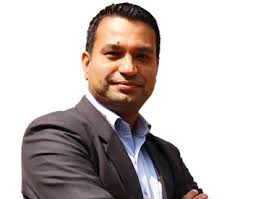 Dr. Bishal Dhakal is the founder and CEO of Health to Home Foundation. He is also the CEO of Professional Health Support Systems Private Limited. Dr. Dhakal has executive education and Social Entrepreneurship
at Stanford University.
Dr. Bishal Dhakal is the founder and CEO of Health to Home Foundation. He is also the CEO of Professional Health Support Systems Private Limited. Dr. Dhakal has executive education and Social Entrepreneurship
at Stanford University.
 Ravi Phuyal is a Serial Entrepreneur working at the intersection of technology, education, and entrepreneurship in Nepal. He is the Director of Innovate Nepal Group, an investment and holding company that runs internationally acclaimed qualifications in Nepal through its growing and expanding affiliates; Islington College, Herald College, Maryland College , Informatics College and Itahari international College. Ravi also leads on
tech and innovation agenda of Local Interventions Group, an award winning civic innovation non-profit with its presence in London, England and Kathmandu.
Ravi Phuyal is a Serial Entrepreneur working at the intersection of technology, education, and entrepreneurship in Nepal. He is the Director of Innovate Nepal Group, an investment and holding company that runs internationally acclaimed qualifications in Nepal through its growing and expanding affiliates; Islington College, Herald College, Maryland College , Informatics College and Itahari international College. Ravi also leads on
tech and innovation agenda of Local Interventions Group, an award winning civic innovation non-profit with its presence in London, England and Kathmandu.
 Tasneem Shahani is the owner of Tasneem’s Kings Kitchen. Ms. Shahani finished her education from St.Xavier College Mumbai.
Tasneem Shahani is the owner of Tasneem’s Kings Kitchen. Ms. Shahani finished her education from St.Xavier College Mumbai.
 Bhushan Shah is the officiating Chief Executive Officer at Nepal
Agribusiness Innovation Center (NABIC). Previously having had the
experience of a Consultant, Mr. Shah was also the national project
coordinator at International Trade Center for almost 3 years. Mr. Shah is a
MBA graduate from Lancaster University.
Bhushan Shah is the officiating Chief Executive Officer at Nepal
Agribusiness Innovation Center (NABIC). Previously having had the
experience of a Consultant, Mr. Shah was also the national project
coordinator at International Trade Center for almost 3 years. Mr. Shah is a
MBA graduate from Lancaster University.
 Merina Ranjit is the Chief Operating Officer of Chaudhary Foundation,
social development initiative of Nepal’s leading conglomerate Chaudhary
Group (CG). She also heads CG-Nepal Social Business (NSB), a non-
dividend distributing company to promote social business in Nepal,
another major social initiative of the group. She had key role for
incubation of social business pilot projects of CGNSB at Jumla. She is a
certified Environmental Management System (ISO 14001:2004) Lead
Auditor (2010) and also Lead Auditor for Quality Management System
(ISO 9001:2008).
Merina Ranjit is the Chief Operating Officer of Chaudhary Foundation,
social development initiative of Nepal’s leading conglomerate Chaudhary
Group (CG). She also heads CG-Nepal Social Business (NSB), a non-
dividend distributing company to promote social business in Nepal,
another major social initiative of the group. She had key role for
incubation of social business pilot projects of CGNSB at Jumla. She is a
certified Environmental Management System (ISO 14001:2004) Lead
Auditor (2010) and also Lead Auditor for Quality Management System
(ISO 9001:2008).
 Niraj Khanal is the Director at One to Watch, a company which brings
foreign investment in Nepal, where he is responsible for the operations,
which include sourcing local entrepreneurs and facilitate them to get
Foreign Investment. He has also been providing coaching and trainings for
established and aspiring entrepreneurs. He is familiar with networking and
personal relation capacity. He is also the Local Representative for PUM
senior experts.
Niraj Khanal is the Director at One to Watch, a company which brings
foreign investment in Nepal, where he is responsible for the operations,
which include sourcing local entrepreneurs and facilitate them to get
Foreign Investment. He has also been providing coaching and trainings for
established and aspiring entrepreneurs. He is familiar with networking and
personal relation capacity. He is also the Local Representative for PUM
senior experts.
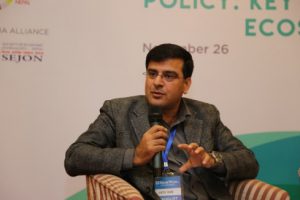 Anjan Kumar Dahal is the director and the advocate at Bizserve Legal private limited. Mr. Dahal is also the legal advisor for Fair Enterprise Network and associate professor at Kathmandu University School of Law.
Anjan Kumar Dahal is the director and the advocate at Bizserve Legal private limited. Mr. Dahal is also the legal advisor for Fair Enterprise Network and associate professor at Kathmandu University School of Law.
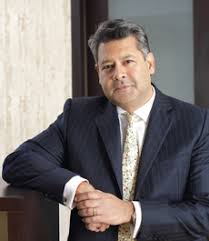 Siddhant Pandey is the Chairman and CEO of Business Oxygen. He has been a banker for over two decades, having worked with Merrill Lynch and Riggs Bank in London. He was CEO of Ace Development Bank for over eight years, a bank that was upgraded from a Finance Company
during his tenure. He is also involved as a member of the Board of the Central Renewal Energy Fund, a government organization that invests and monitors on renewable energy.
Siddhant Pandey is the Chairman and CEO of Business Oxygen. He has been a banker for over two decades, having worked with Merrill Lynch and Riggs Bank in London. He was CEO of Ace Development Bank for over eight years, a bank that was upgraded from a Finance Company
during his tenure. He is also involved as a member of the Board of the Central Renewal Energy Fund, a government organization that invests and monitors on renewable energy.
